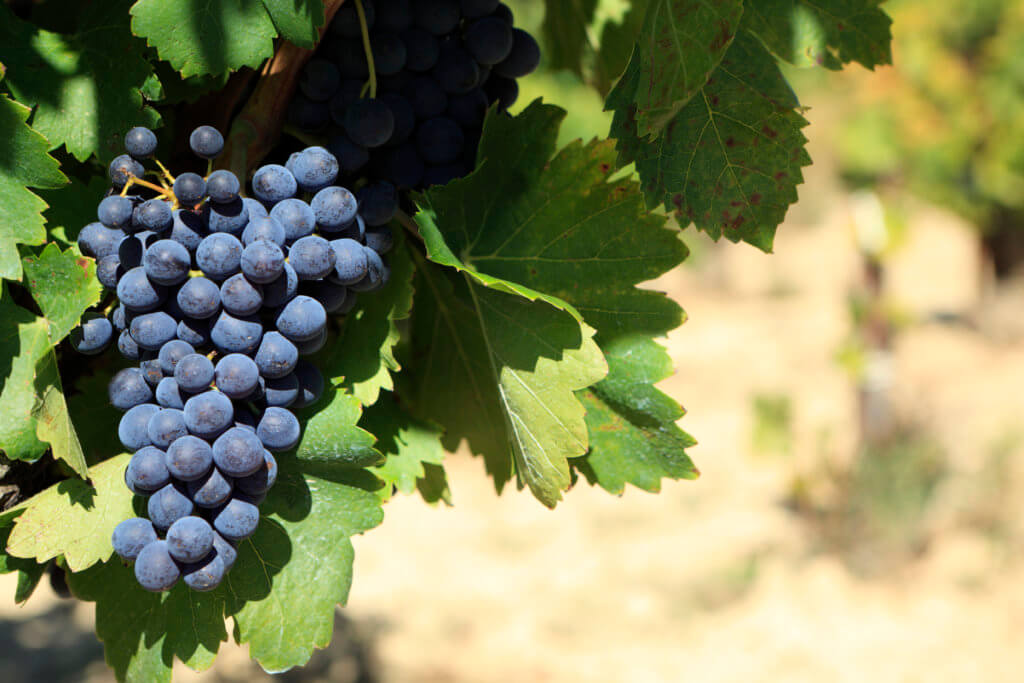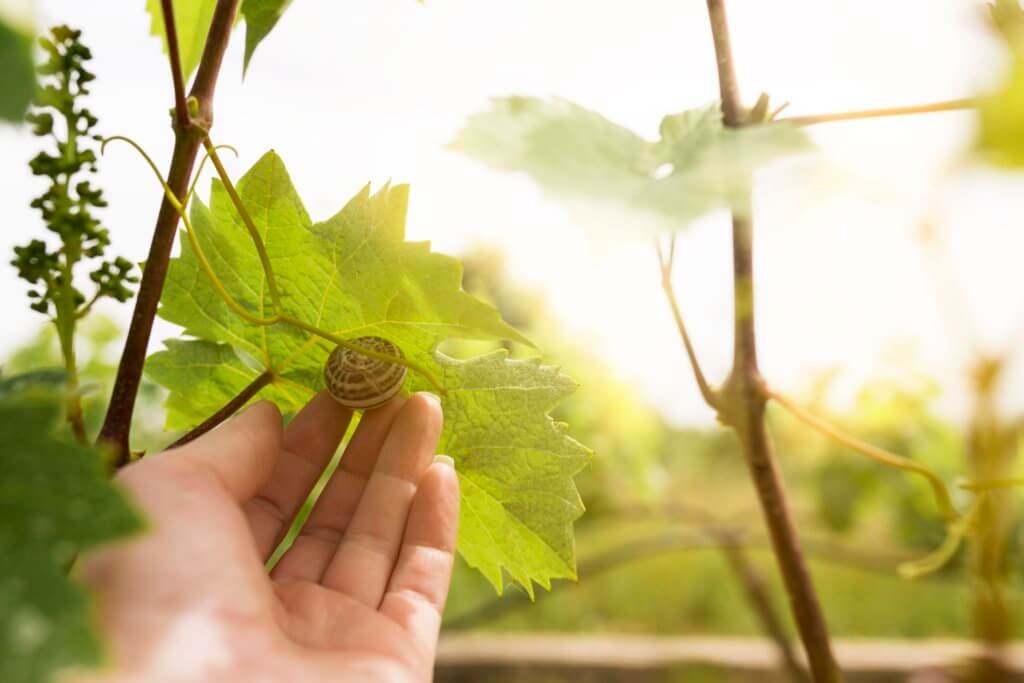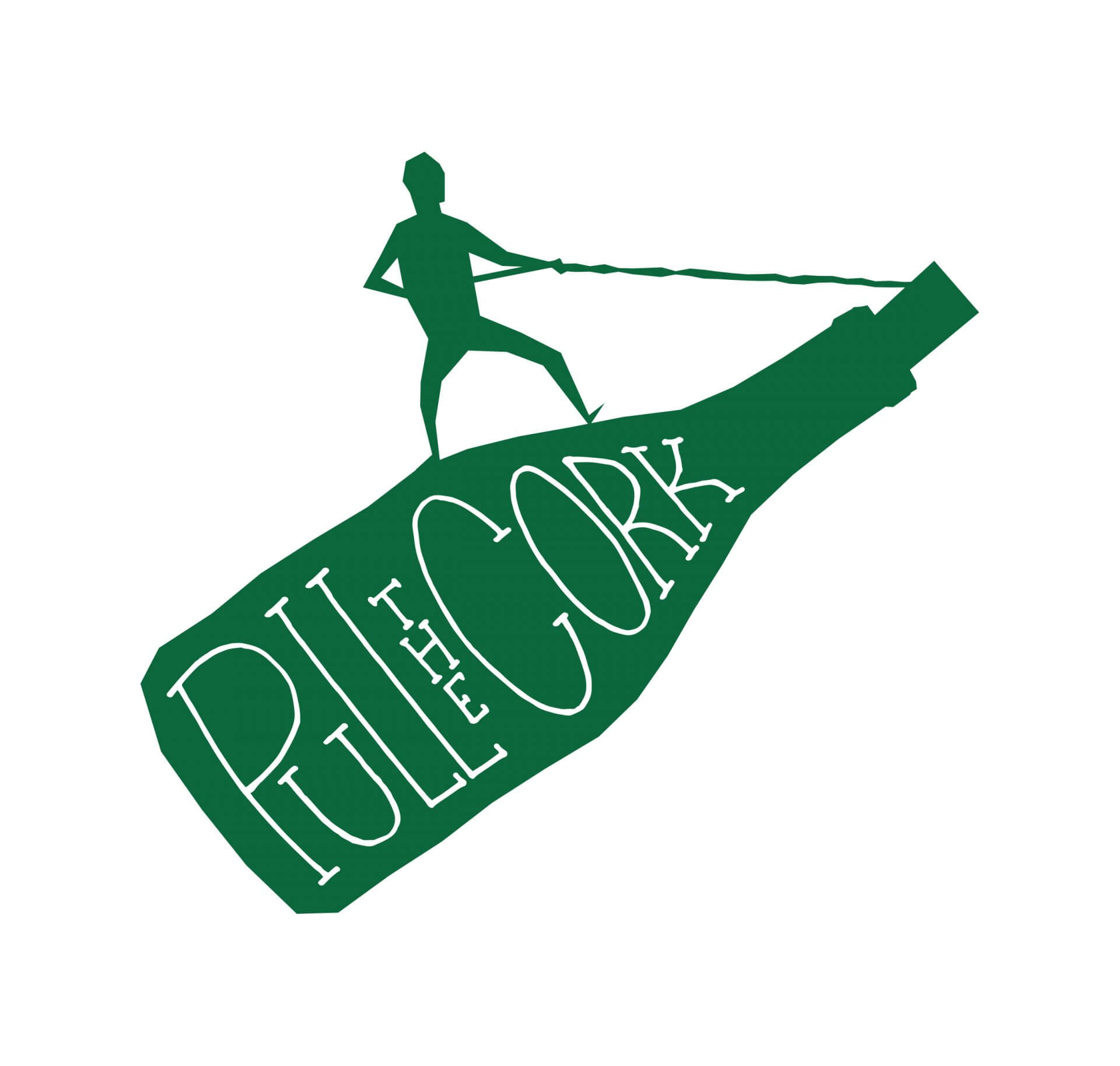Organic Wine
Where is the Organic Wine Market Heading?
Where is the organic wine market heading?
As Yazz sang in the ‘80s, the only way is up, baby. And in 2020 the same is true of organic wines. It has been forecast that by 2023 almost 1 billion bottles of organic wine will have been consumed by savvy wine drinkers – 976 million to be more precise. 1 billion sounds better, and you can probably already guess why organic wine market is booming.
- This is more than double the number of bottles drunk in 2013, and up 34% from the 729 million bottles drunk in 2018.
Organic wines have never been more in demand and as we enter this bright new decade, the world of organic wine is only going to grow in prominence. Let’s see what does predictions say for 2020. wine market.
The growth of organic wine
We are all for celebrating organic wine’s meteoric growth in popularity, but why this steep upturn? And more specifically, what else can we expect to see from the organic wine market as more and more imbibers flock to embrace our preferred nectar?
First of all, as much as we Brits pride ourselves on being able to pack away the booze, this new found love for organic wine is not coming solely from the UK.
Germany currently imbibes the most organic wine, followed closely by France (who are pipped to take the lead come 2023), and the US is set to drink more than the UK. So while we may not be the most prolific of drinkers compared to our European neighbours, we should be thrilled as a nation to be in the top 5 organic wine-drinking countries.
Organic wine and the environment
Because it means that we are taking environmental issues seriously. Not just in a fight against climate change and single-use plastics, the sexy headline-grabbing topics of late, but in the use of pesticides and how we treat the land.
We’ve realised that everything has a knock-on effect – that opting for cheap, mass-produced wine, packed full of chemicals, pesticides and goodness knows what else, isn’t just damaging to our health, but the health of the land on which the grapes are grown and the vineyard’s surrounding environment.

Organic wine goes mainstream
But the demand by more mainstream consumers for widely available organic wine won’t stop in the supermarkets. Kimpton Hotels & Restaurants’ sixth annual Culinary & Cocktails Trend Forecast predicts that there will be a rise in demand in restaurants too, as more and more people learn about natural and organic wines. This, in turn, will hopefully have a knock-on effect for the demand for low intervention wine, and not just in specialist wine shops but purchasing organic wine online.
Then, as more people consume organic wine and want to learn more about it, they’ll naturally discover low intervention wine and sustainable wines – and get an opportunity to taste delicious orange wines and Pet Nat sparkling wines too. And realise we have been onto something all along!
- Learn also about what are sulphites and how natural wines are avoiding them.
Our once small community will become flooded with new members, and we should rejoice because finally, the organic wine movement has taken hold. This is yet another confirmation of the many health benefits or organic wine, especially organic red wine health benefits. But it’s not just a demand for organic wine that is on the up.
A growing trend for biodynamic wine
Biodynamic wines are about to have their time in the spotlight on the wine market too. But, to be fair, this isn’t just demanded for biodynamic wine. According to Wholefoods, the demand for all biodynamic produce will increase in 2020.
This call for biodynamic agriculture is partly being driven by a pull for it from consumers, but also by a push from farmers, academics, even government agencies who have taken a closer look at the way in which we have routinely been abusing the land on which our food is grown, and are now taking steps to remedy things.
Because biodynamic farming isn’t some alternative way of life – biodynamic farming really does give back to the land and the environment. It improves soil quality, the biodiversity of the farm and the surrounding environs, it increases carbon capture as well as positively impacting climate change.

Increase in demand for organic sparkling wines
Another growing organic wine trend in 2020 wine market will be a demand for best sparkling wine which is produced organically. This market has already seen impressive growth of 19.1% between 2013 and 2018, with a forecasted growth of 8.2% between now and 2023. And with Italy about to let Prosecco Rosé hit UK shelves, we are keeping fingers and toes crossed that they are organic.
Interested to find out more about pet nat wine? Explore our selection of natural sparkling wines.
Sustainable winemaking and organic produce
While this shift in consumer demand is to be much lauded, the sudden increase in the desire to drink organic wine is in sharp contrast to the steep decline in the volume of wine consumed globally.
Why a decrease in overall wine consumption? Because consumers no longer just want any old cheap plonk, they want a wine of higher quality, produced to a higher, more sustainable standard. People want their produce without added pesticides, they want wine without wine additives (specifically, people are searching for sulphite free wine or histamine free wine because this is the only way they can enjoy wine when battling certain health issues).
They want vegan wine, sustainably produced wine, and that is just what organic and biodynamic wines are. So let’s get together and champion the increase in organic wine consumption and let’s all work together to achieve the goal predicted by IWSR data – that organic wine will account for 9% of the UK’s wine consumption by 2022.
We’ll drink to that!
Grab our wine subscription and get special offers and discount for our premium collection of low intervention and organic wines.
Browse our carefully sourced artisan natural wines – shop white wines, reds, rose, orange wine, and sparkling wines – these are tried and tested!
Cheers!

